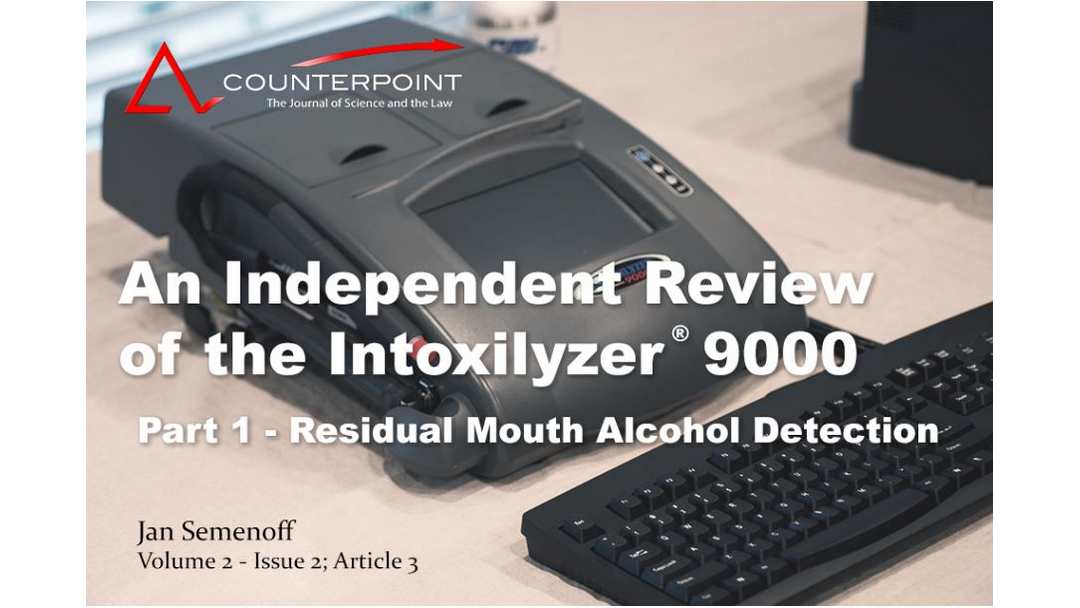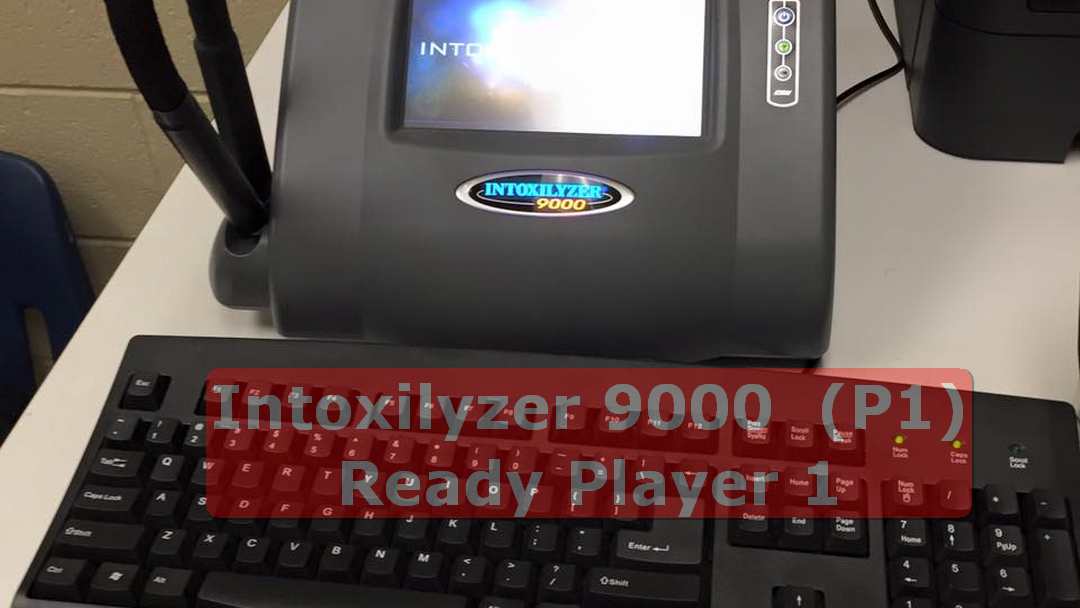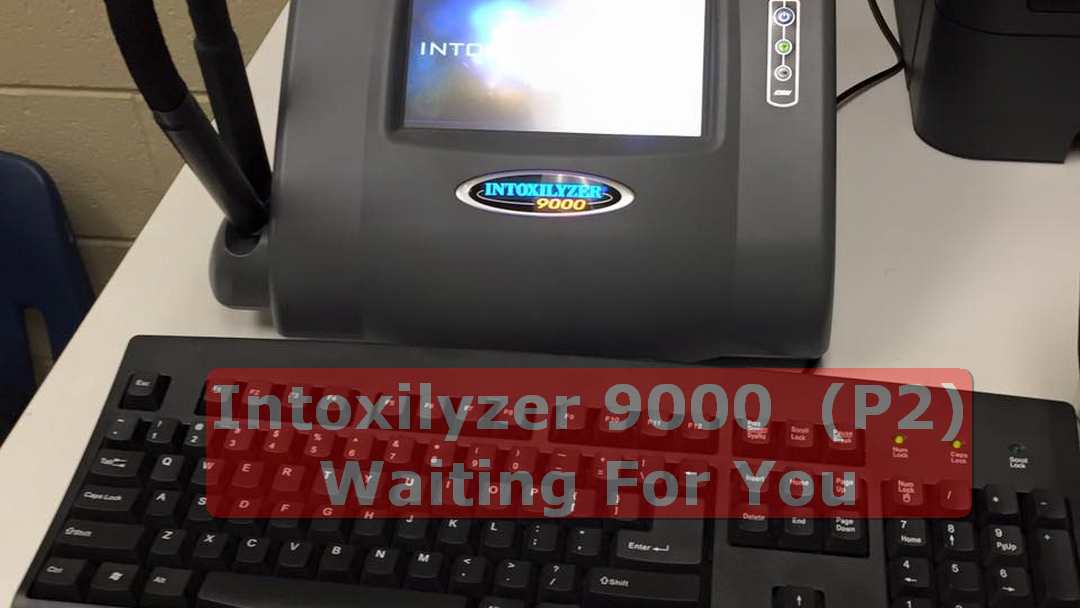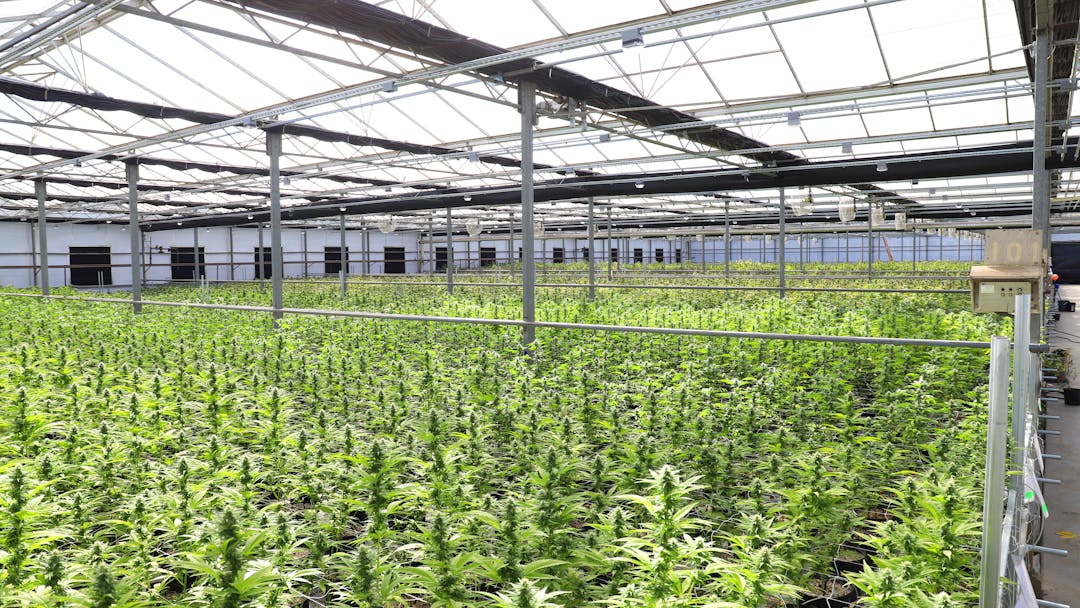Federally funded researchers have uncovered two methods to divide and diversify the difference between hemp and cannabis to assist to crime labs.
Because Cannabis is still a crime and Hemp is not…
The Controlled Substance Act of 1970 classified the plant cannabis, which was historically classified as either marijuana or hemp, as an illegal drug, a Schedule I controlled substance with a high potential for abuse and no FDA-approved medical use in the United States.
For more than 50 years, hundreds of thousands of people were arrested and imprisoned for possessing it.
317,793 Americans are arrested annually for possession of marijuana. Easy Target – Easy Money.
The Farm Bill of 2018 changed this straightforward classification of cannabis. The bill legalized the form of cannabis classified as hemp, while the form classified as marijuana remained illegal.
The task of determining the distinction has been assigned to law enforcement and forensic laboratories, a responsibility that has proven to be challenging, time-consuming, and costly.
Federally funded researchers have made significant advancements in accurately distinguishing between marijuana and hemp by precisely analyzing the THC levels found in flower and edibles.
The National Institute of Justice (NIJ), an entity within the “Justice” Department, is actively promoting the results of two research projects that it funded, both centered around cannabis lab testing. These findings are now being shared exclusively with select law enforcement agencies.
The aim of the initiatives was to streamline the testing process in order to address the increasing crime lab backlogs caused by the federal legalization of hemp with up to 0.3 percent THC under the 2018 Farm Bill.
This legalization has complicated cannabis-related cases, and thus the initiatives were implemented to help resolve these challenges.
Have your rights been violated?
Have your driving priviledges been revoked?
Has your professional license been suspended?
Second Amendment rights taken away?
Have you been charged with a crime?
Call our office to see if we can help
Komorn Law 248-357-2550
Current testing methods are unable to accurately determine the exact amount of THC in a sample, as stated in the recent update by NIJ. However, the researchers they have funded have achieved a significant breakthrough.
Using gas chromatography-mass spectrometry (GC-MS) and direct analysis in real time-high-resolution mass spectrometry (DART-HRMS), they are now able to isolate the THC content, along with other cannabinoids.
This discovery marks a significant advancement in our ability to analyze and understand the composition of cannabis samples.
In the government, everything is go spend more money and if that doesn’t work, it’s go spend more money and if that doesn’t work spend more money and so on and so on.

Related Articles
No Results Found
The page you requested could not be found. Try refining your search, or use the navigation above to locate the post.
More Posts

Cannabis cash transactions aren’t suspicious says IRS
Following The MoneyLarge cash transactions by marijuana businesses should not be automatically flagged as suspicious, as per the latest IRS guidance. The tax agency's guidance aims to provide clarity on the federal Bank Secrecy Act, which mandates businesses,...

An Independent Review of the Intoxilyzer 9000
An Independent Review of the Intoxilyzer 9000 Part 1 - Residual mouth alcohol detection Counterpoint Volume 2; Issue 2 - Article 3 (August 2017) An article in the Core Skills III-2 Module Jan Semenoff, BA, EMAForensic CriminalistThe opportunity to conduct an...

The Intoxilyzer 9000 (part 1)
The Intoxilyzer 9000 (part 1 of 2)Roll-Out The Michigan State Police (MSP) initiated Intoxilyzer 9000 (Intoxilyzer) training for police officers statewide, commencing in 2023. In order to participate, officers were required to complete both preliminary breath test...

The Intoxilyzer 9000 (part 2)
The Intoxilyzer 9000 (part 2 of 2)Using it The Intoxilyzer is user-friendly and equipped with a built-in feature to alert officers of any potential issues. As a precautionary measure, officers are specifically advised to switch off their portable radios prior to...

Our Kids are Dying of Drug Overdoses
THE KIDS AREN’T ALRIGHT, THEY’RE DYING OF DRUG OVERDOSESFrom May 2022 to May 2023, the Centers for Disease Control and Prevention reported an alarming 37 percent increase in American lives lost due to overdoses, totaling over 112,000 fatalities. This staggering surge...

How DUI Charges Impact Your Child’s Future
In Michigan driving is considered a privilege. with this privilege comes immense responsibility, especially when it comes to driving under the influence (DUI) as well as other responsibilities. The consequences of youth DUI extend far beyond the immediate legal...

Rescheduling Marijuana Would Be a Threat to Public Health
Kevin Sabet of Smart Approaches to Marijuana says policy makers need to learn from their mistakes with hemp when considering marijuana rescheduling. It’s rare for policymakers to get a preview of the consequences of pending policies, but the descheduling of...

Meet MiChap
Climate and Health Adaptation ProgramYou must save yourself from yourself.Meet MICHAPOur Vision: Michigan's public health system fosters equitable health and wellbeing as it adapts to the current and future impacts of climate change. Our Mission: The Michigan Climate...

Laws passed by Michigan lawmakers in 2023 will take effect
Several new laws passed by Michigan lawmakers in 2023 will take effect on Tuesday, Feb 13, 2023Making use of the first combined Democratic majority in the state House, Senate, and governor's seat in decades, legislators have the numbers and have successfully approved...

Legal Consequences of Rescheduling Marijuana – 2024
Legal Consequences of Rescheduling Marijuana Jan 2024 a report from the Congressional Research Service.








